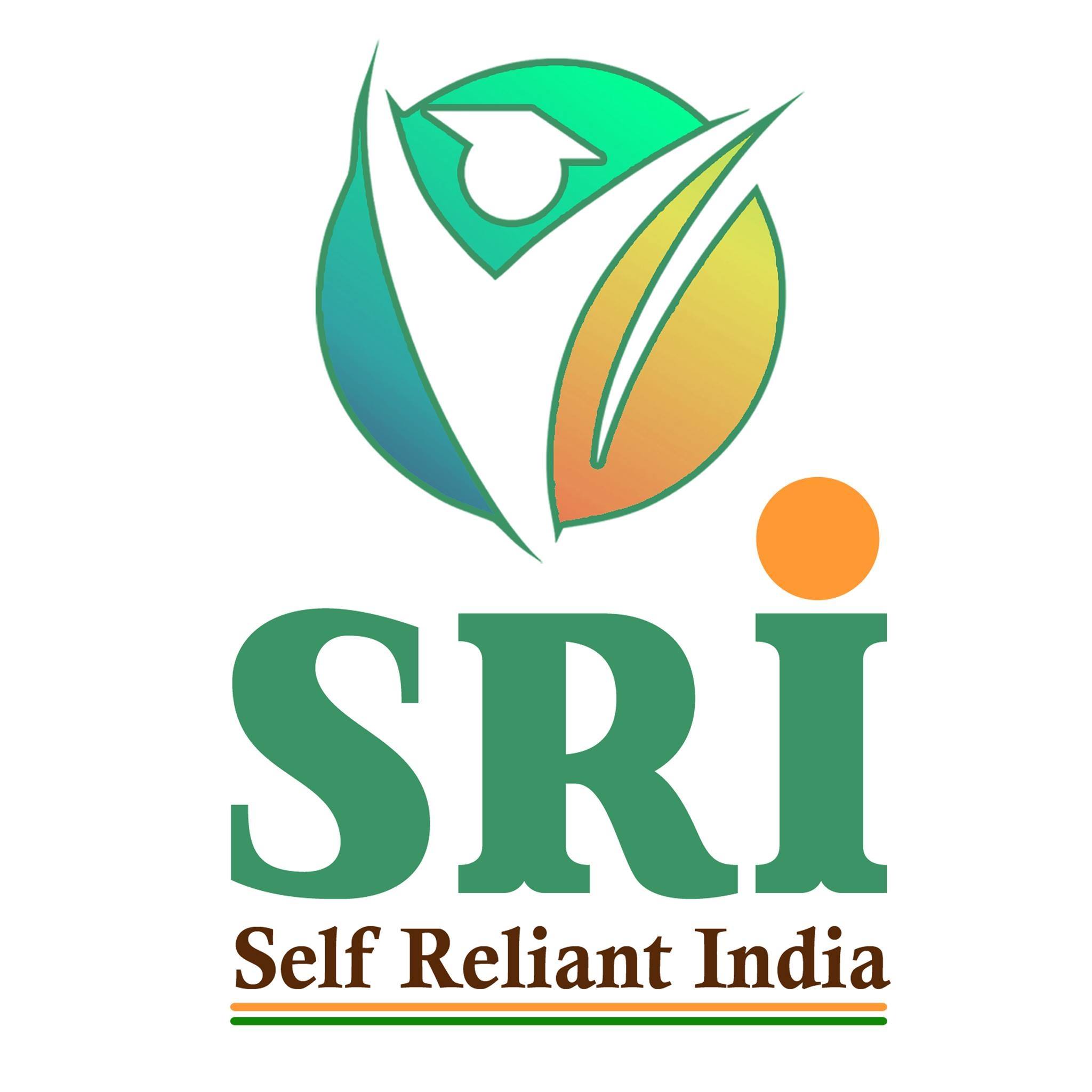Cause Area
Primary Sectors
Secondary Sectors
Financials
-
2021
Total IncomeRs.2,717,367Total ExpensesRs.1,789,295Tip: Click on any value above to exclude it. -
2022
Total IncomeRs.6,247,621Total ExpensesRs.4,127,719Tip: Click on any value above to exclude it. -
2023
Total IncomeRs.6,010,273Total ExpensesRs.3,672,763Tip: Click on any value above to exclude it.
Geographies Served
Programs
-
Government Teacher Training Programme
Self Reliant India's Government Teacher Training (GTT) Models are instrumental in ensuring holistic development by enhancing the effectiveness of teachers as knowledge-givers. This sustainable approach addresses potential attrition and fallout at the school level. In collaboration with local government officials, Self Reliant India identifies and trains 30-50 motivated government teachers in the district using a curriculum and module designed by the organisation, empowering them to provide high-quality education to their students.
-
Nanhe Kalam Fellowship
The Nanhe Kalam Fellowship, an after-school programme initiated by Self Reliant India, aims to improve the learning levels of students and enhance the overall pedagogical system in selected schools. Over a period of 2 years, two youth fellows are assigned to each school, dedicating four hours of learning, six days a week. The programme focuses on developing students' aptitude in subjects like mathematics, language, reasoning, and analytical skills, which are crucial components for entrance exams to Jawahar Navodaya Vidyalayas (JNV). Additionally, efforts are made to increase community participation and ownership in the school. Because of the programme, there has been an increase in community confidence in local government schools, leading to a rise in student enrolment each year.
-
Fellowship Programme
The Self Reliant India Fellowship Programme is a unique mentorship initiative that trains village youth aspiring to become teachers. Through comprehensive workshops and practical exposure, these individuals gain the necessary skills to excel as educators in government and private schools. With a focus on local representation, around 20 youth per district are selected each year for a two-year mentoring programme. Their insights and sensitivity enable them to effectively teach children from their own villages, who often face significant educational challenges. The programme aims to empower these fellows to make a positive impact on their communities' educational landscape.
-
Partnership Model
Self Reliant India's Partnership (PT) Model focuses on establishing sustainable impact through local support. It collaborates with organisations and individuals in the field of primary education, implementing initiatives and providing on-ground assistance. The model involves sharing resources such as curriculum, training for fellows and teachers, assessment sheets, and project monitoring via apps and established processes. By fostering partnerships, Self Reliant India aims to enhance primary education and support children effectively.
Leadership Team
-
Bhupender
Program Coordinator and Fundraising Consultant
-
Poonam Singh
Program Coordinator- Content Lead
-
Pooja
Program Coordinator- Implementation
-
Sangeeta
Program Coordinator - Uttarakhand
-
Joginder
Program Coordinator- Jhajjar
Demographics & Structure
-
Organisation Strength
None
Registration Details
-
PAN Card
AASTS5248N
-
Registration Number
No. 129 in Book 4 Vol. No. 4354
-
CSR Form 1
Not Available
-
80G
AASTS5248NF20211
-
12A
AASTS5248NE20217
-
FCRA
Not Available
About
-
Headquarters
Rewari, Delhi
-
Since
2017
Impact
Self Reliant India has impacted the education sector with over 4682 students encouraged to appear in JNV exams, resulting in a 22% improvement in student learning outcomes (SLO), 381 students have been successfully selected in entrance exams, while 172 youth fellows have been trained to contribute to education, established 213 learning centers and the trained 154 Government teachers
Vision and Mission
SRI's mission is to transform government schools by fostering engagement between parents, youth, community members, school leaders, and teachers, with the goal of alignment among stakeholders.
Political & Religious Declarations
-
Political Affiliation
-
Religious Affiliation
Location
-
Offices in Cities
Delhi
Other Details
-
Type
Non-profit
-
Sub Type
Trust
Website
Technology Adoption
-
SOC 2 Compliant
No
-
Financial Management
-
Beneficiary Management



